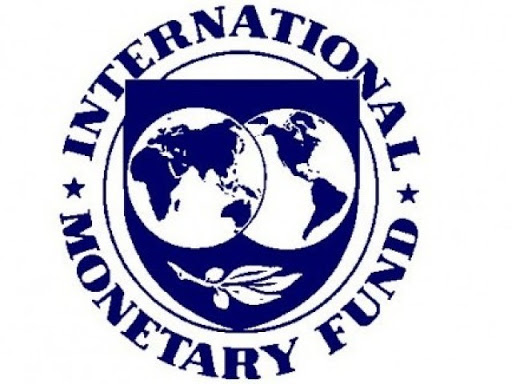A rapid financing instrument is a low-cost loan to IMF member countries needing emergency assistance, without needing a fully-fledged programme in place.
IMF says specific reform commitments in October’s Medium-Term Budget Policy Statement will be critical. Image: Shutterstock IMF says specific reform commitments in October’s Medium-Term Budget Policy Statement will be critical. Image: Shutterstock
The International Monetary Fund (IMF) has approved South Africa’s rapid financing instrument (RFI) to the tune of $4.3 billion, that will be directed towards financing needs arising from the Covid-19 pandemic.
The loan, which converts to just over R70 billion, comes after South Africa received similar Covid-19 facilities from the New Development Bank ($1 billion) and the African Development Bank ($288 million).
The loans will go towards a range of social and economic initiatives which include supporting health and frontline services, protecting the most vulnerable, job creation, economic growth through reforms and stabilising public debt.
Long-standing reforms
In a statement released on Monday evening, the IMF acknowledged that the South African economy was already significantly weak when Covid-19 hit, interrupting domestic economic activity and global supply chains. Now the deterioration has put in motion the development of “a deep economic recession”.
“The RFI will help fill the urgent BOP [balance of payments] need originating from the fiscal pressures posed by the pandemic, limit regional spillovers, and catalyse additional financing from other international financial institutions,” it said.
“It will complement the authorities’ strong policy response to the crisis and their planned post-Covid-19 fiscal consolidation and reforms to promote growth that benefits all South Africans.”
The RFI is a low-cost loan provided to all member countries of the IMF that need emergency assistance without the need to have a fully-fledged programme in place.
However, the IMF did note that the government has to stabilise public debt through fiscal consolidation, improve governance and the operations of state-owned entities and implement growth-enhancing reforms.
“The Covid-19 crisis heightens the urgency of implementing these efforts to achieve sustainable and inclusive growth,” said the IMF’s first deputy managing director and chair Geoffrey Okamoto.
“Specific reform commitments at the time of the October Medium-Term Budget Policy Statement will be a critical step to buttress the credibility of the reform efforts and should be followed by steadfast implementation,” said Okamoto.
Support package
Finance Minister Tito Mboweni said the loan will contribute to government’s R500 billion fiscal relief package that was presented in the supplementary budget in June.
“Government’s Covid-19 economic support package directs R500 billion straight at the problem. This is one of the largest economic response packages in the developing world,” said Mboweni.
The package is made up of a wide range of interventions that are not limited to financial support alone, including a R200 billion loan guarantee scheme for small business, tax measures and wage protection through the Unemployment Insurance Fund.
“Going forward, our fiscal measures will build on our policy strengths and limit the existing economic vulnerabilities which have been exacerbated by the Covid-19 pandemic,” said Mboweni.
Transparency
The IMF loan comes as President Cyril Ramaphosa has announced the government’s tough response to the mismanagement of funds and tender corruption related to Covid-19 procurement.
The IMF said the government has committed to “transparently monitor and report all use of emergency funds” as a critical mechanism to ensure that the money is used for what it is intended.
In a nationwide address on Thursday, Ramaphosa announced that the Special Investigating Unit (SIU) would investigate irregular and unlawful activity related to the procurement of goods or services related to the national state of disaster in state institutions.
One such case involves Ramaphosa’s spokesperson Khusela Diko and her husband AmaBhaca king, Madzikane II Thandisizwe Diko.
On Monday Diko announced that she would be stepping down as Ramaphosa’s spokesperson “pending investigations on recent allegations involving her and her husband in tender irregularities in the Gauteng Department of Health.”
Source Moneyweb

